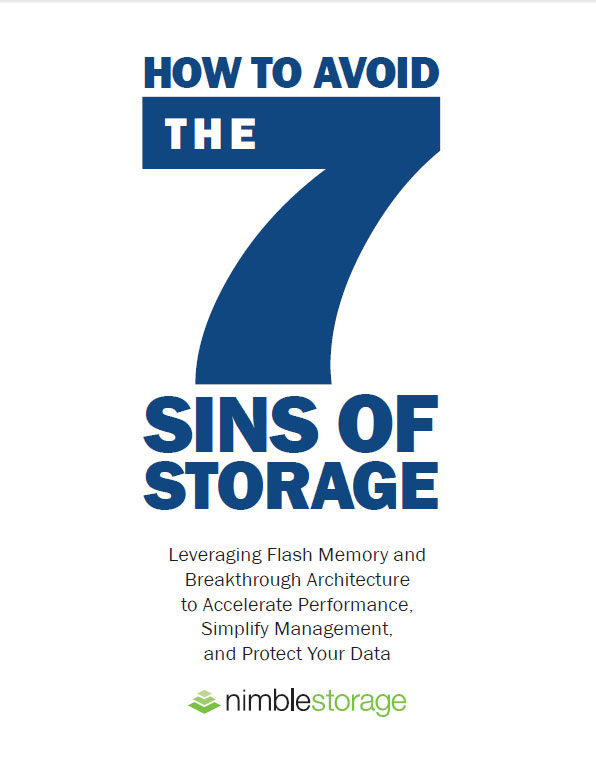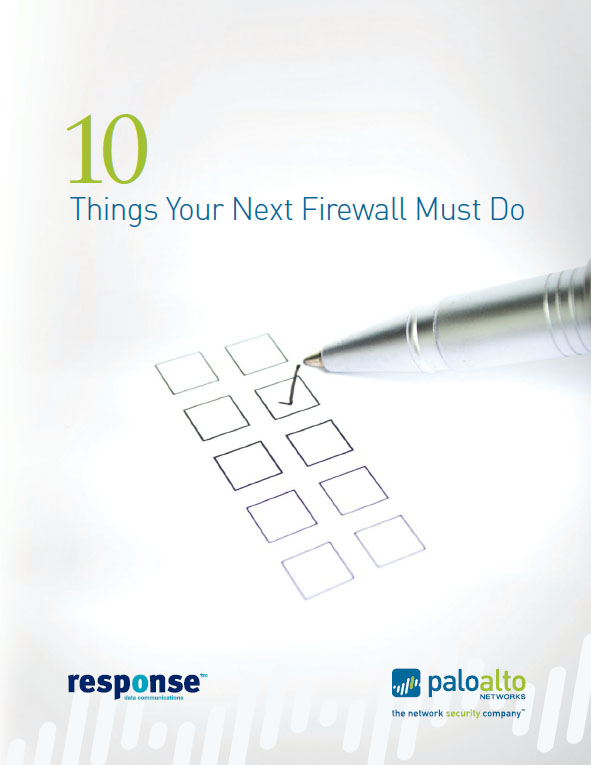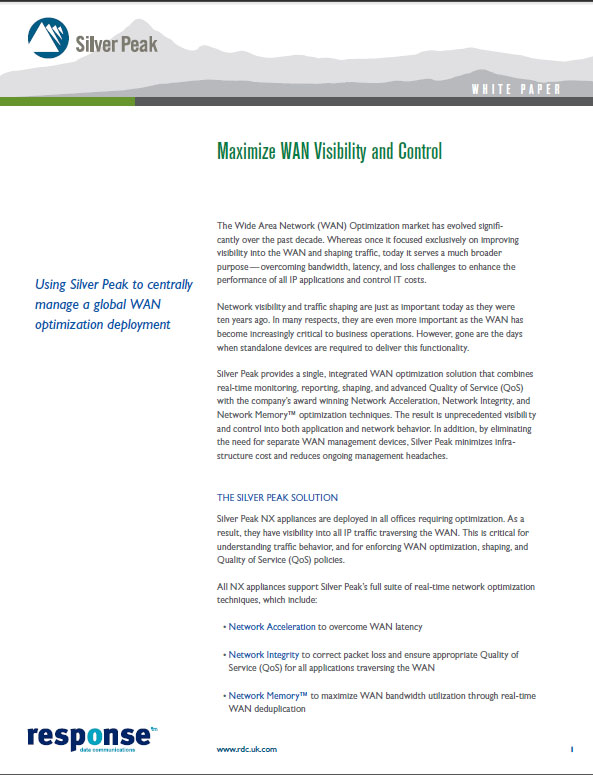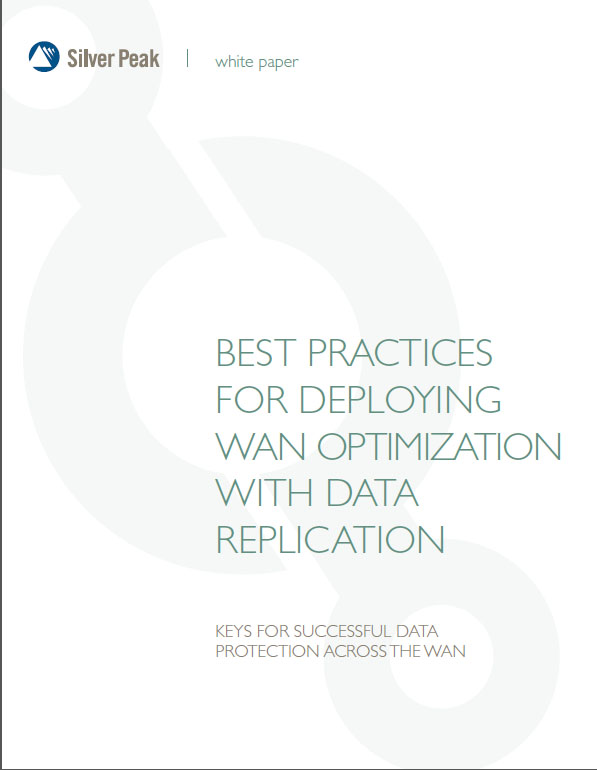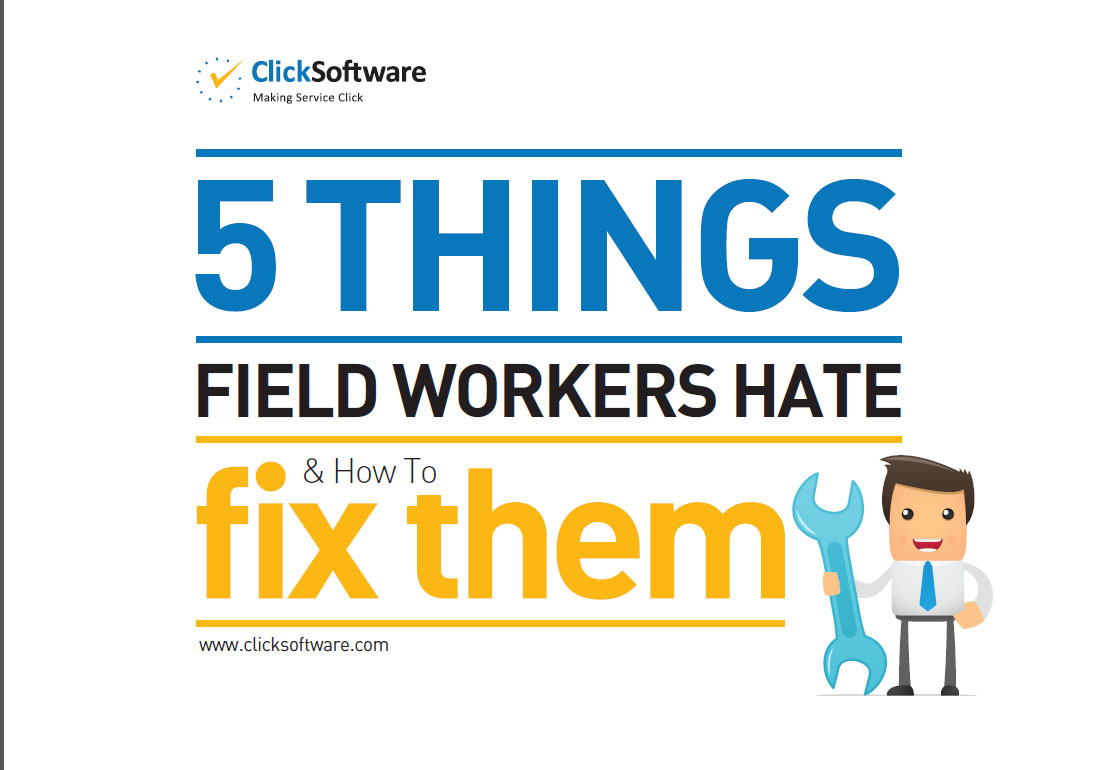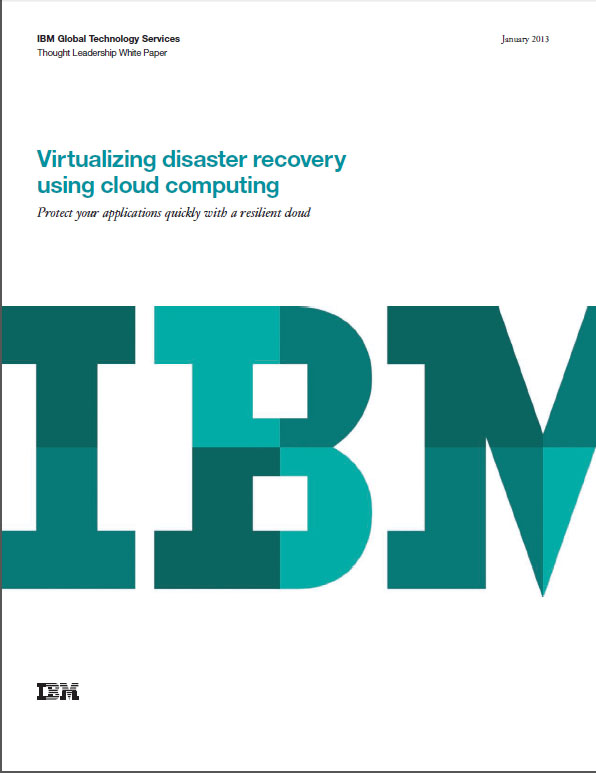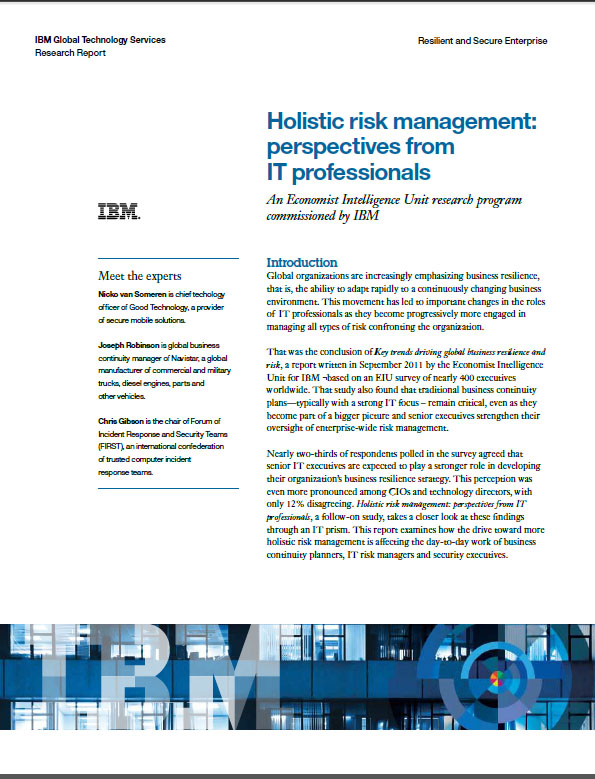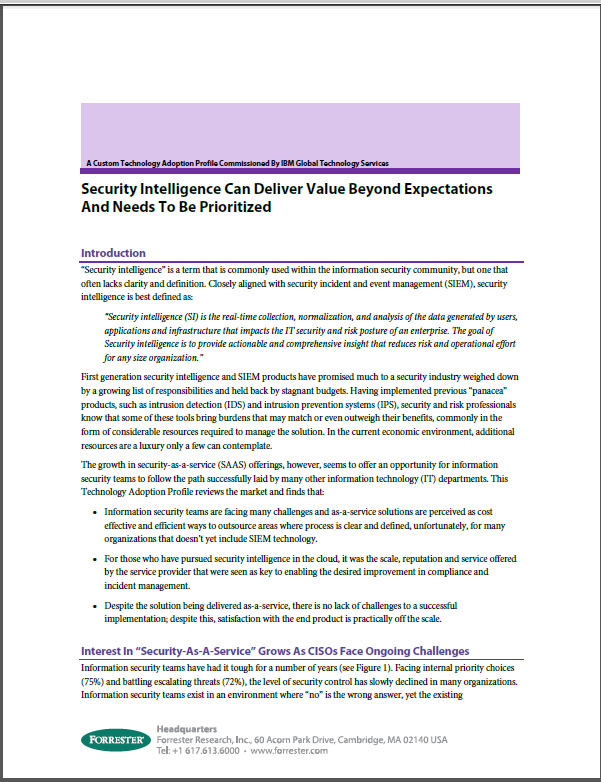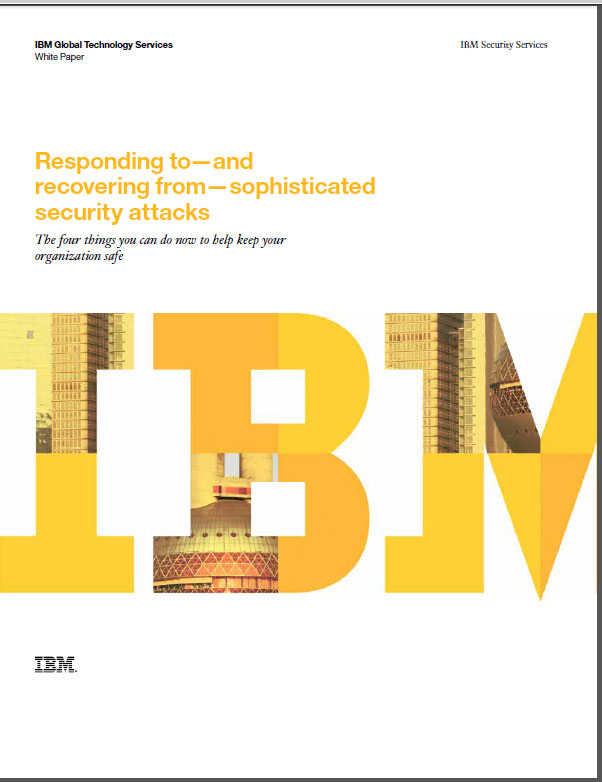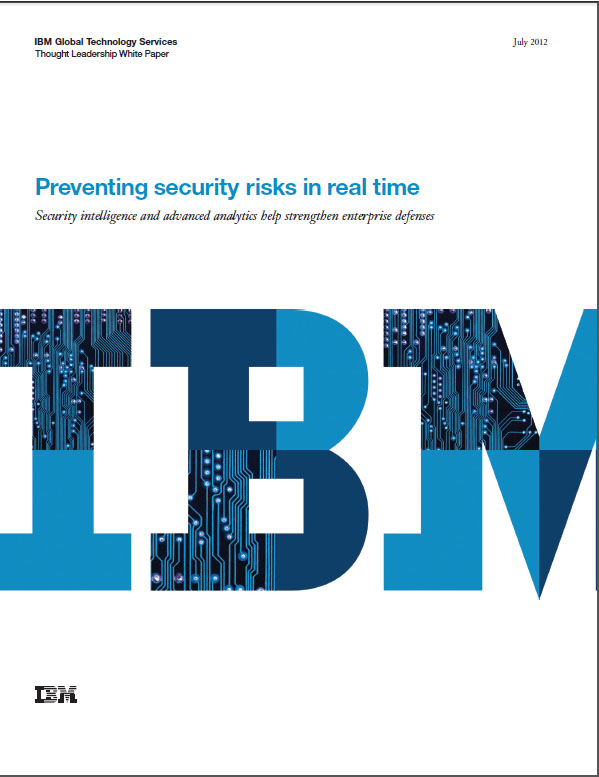How To Avoid The Seven Sins of Storage
Some storage and backup mistakes could be called “sins” because they lead to expensive IT problems – and even risk to the enterprise. But luckily for today’s overworked storage and IT managers, Nimble Storage has developed innovative approaches to addressing the seven biggest storage sins. This whitepaper was brought to you by a partner of
